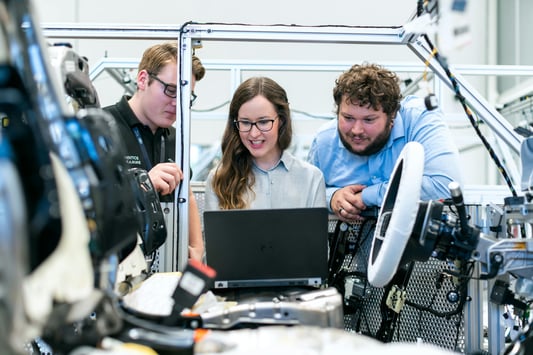What is apparel inspection?Apparel inspection is a critical process in the manufacturing industry that involves examining garments for quality and safety standards. This thorough assessment ensures that the apparel meets regulatory requirements and customer expectations.The Quality Control ProcessDuring apparel inspection, trained professionals meticulously check each garment for defects such as stitching errors, loose threads, or fabric imperfections. By identifying these issues early on, manufacturers can address them before the product reaches the consumer.Ensuring Safety ComplianceIn addition to quality control, apparel inspection also focuses on safety compliance. This includes testing for harmful chemicals, flammability, and durability to guarantee that the garment is safe for consumers to wear.The Role of Third-Party InspectorsMany apparel manufacturers rely on third-party inspection companies to conduct thorough assessments of their products. These independent inspectors provide unbiased evaluations to ensure that the apparel meets industry standards.The Benefits of Apparel InspectionBy implementing a rigorous apparel inspection process, manufacturers can enhance their reputation for producing high-quality garments. This can lead to increased customer satisfaction, repeat business, and brand loyalty.Common Types of DefectsSome common defects that apparel inspectors look for include color discrepancies, sizing errors, faulty zippers, and poor stitching. By addressing these issues early on, manufacturers can prevent costly recalls and returns.International Standards and RegulationsApparel inspection must comply with international standards and regulations to ensure consistency and quality across the supply chain. This includes guidelines set by organizations such as the International Organization for Standardization (ISO).Utilizing Technology in InspectionAdvancements in technology have transformed the apparel inspection process, allowing for more efficient and accurate evaluations. Automated systems can detect defects quickly, reducing the time and labor required for inspection.Training and CertificationTo become a qualified apparel inspector, individuals must undergo comprehensive training and obtain certification in quality control and safety compliance. This ensures that inspectors have the necessary skills to identify and address potential issues.The Future of Apparel InspectionAs consumer demand for sustainable and ethically produced garments continues to rise, apparel inspection will play a crucial role in ensuring transparency and accountability throughout the supply chain. Manufacturers must prioritize quality control and safety compliance to meet the evolving needs of the market.Quote InquiryContact us!










